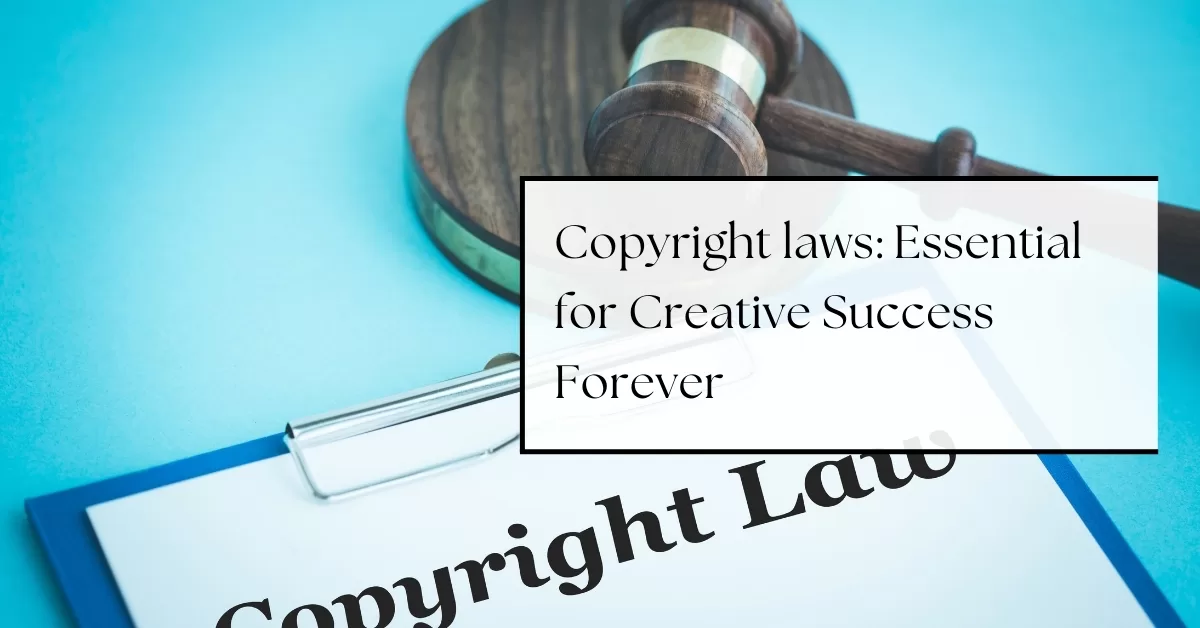Copyright laws – Points To Consider
Before 1978, when rights were clarified in the 1976 Copyright Act (http://www.copyright.gov/circs/circ09.pdf), artists, writers and others involved in the creative arts had a much harder time holding on to their work. These days the copyright protections for creative artists who work for someone else are more clear, but still subject to misunderstanding and misuse. One thing holds mostly true: if you create something for your place of work, whether comics, artwork, websites, logos, etc., the rights belong to your employer. Yes, even if it’s the most fantastic, must lucrative item ever created—as long as it was done in your status as an employee, the rights and proceeds belong to the people who employed you.
What Does This Mean For You?
On the other hand, if you working as a third-party contractor, look closely at the above statute. There are nine covered categories listed; your work must be in one of these categories and you must also have a work for hire agreement that covers who owns what, when and why. But what if you are working for a company, creating comics or artwork, writing your heart out, or designing killer websites—and decide to do the same things on your own time? Without, of course, duplicating any work whose copyright is now owned by your employer?
That is all yours, to do with as you will. If you sell the work and make lots of money from it, it all goes to you, and the copyright stays with you for as long as the law allows.When in doubt, it doesn’t hurt to consult a copyright or patent lawyer to find out what your rights are, and if your work falls into any gray areas. The world of copyright, straight-forward for the most part, can get a little murky at times.
Contact your Patent Attorney to learn more.


